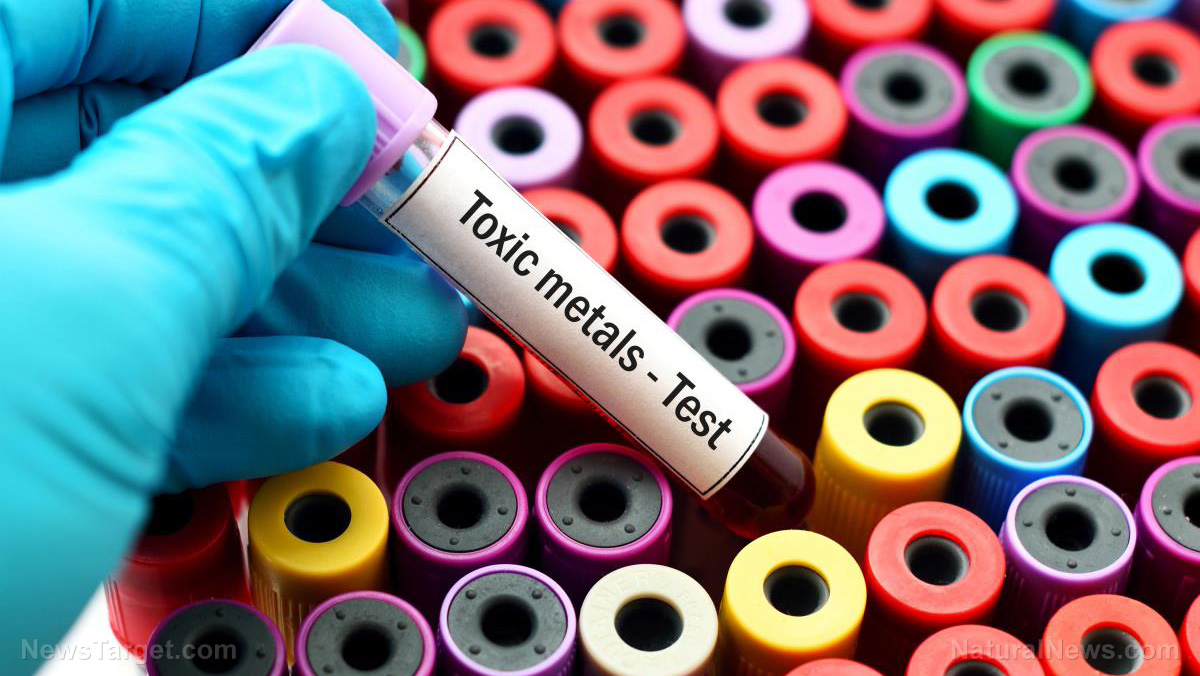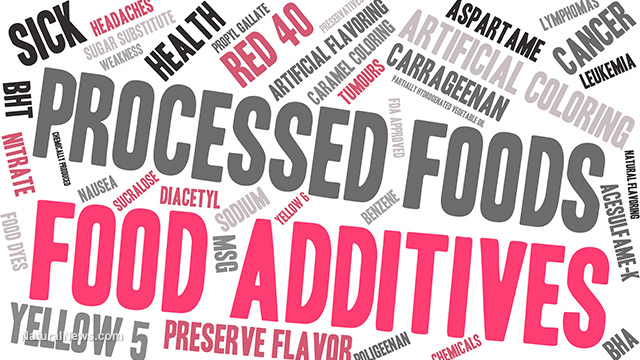Another cinnamon brand RECALLED due to LEAD contamination
08/28/2024 / By Olivia Cook

Cinnamon is fast becoming one of the most frequently recalled food products in the United States. Earlier this month, El Chilar, LLC expanded its recall of its Canela Molida ground cinnamon after an investigation found traces of lead – making it the 10th cinnamon brand to be recalled for containing the toxic metal this year.
Authorities have highlighted that any level of lead exposure is unsafe. In children, high levels of lead can cause behavioral issues, growth relays and learning disabilities, while in adults, it is considered a possible cancer risk. Prolonged exposure to lead can lead to severe health problems, including development issues and, in extreme cases, seizures or death.
El Chilar initially recalled two lots of their ground cinnamon in March but has now extended the recall to six lots, adding 127 more boxes sold in Maryland. While no health issues have been reported, the U.S. Food and Drug Administration (FDA) advises that the affected products may still be in consumer homes and encourages returning them to the store for a refund.
While the products have been removed from store shelves in Maryland, some may still be in people’s kitchens. If people have any of the recalled cinnamon – codes D-300 EX1024, F272 EX1026, E-054, EX 0225, D-181 and EX 0624 – the FDA recommends returning it for a full refund. (Related: FDA warns consumers to throw away cheap cinnamon products that are heavily contaminated with LEAD.)
FDA reminds manufacturers to follow safety regulations concerning lead in spices
On Aug. 15, FDA Deputy Administrator for Human Foods Jim Jones released a statement claiming intensified efforts to ensure the safety of cinnamon products in the United States.
Last fall, the FDA, in collaboration with health authorities from Maryland, North Carolina and Pennsylvania investigated apple cinnamon fruit puree pouches that were recalled due to dangerous levels of chromium and lead. The contamination was linked to the Ecuador facility of manufacturer Austrofood.
On Aug. 9, the FDA issued a warning to Austrofood, citing violations of the Current Good Manufacturing Practice (Preventive Control Human Food Rule). The company failed to properly assess the risk of lead in cinnamon, despite its known prevalence, especially considering the product’s young consumer base (babies and young children). The presence of lead made the product adulterated under the Federal Food, Drug and Cosmetic Act.
The warning is part of the FDA’s ongoing efforts to ensure the safety of spices, particularly in foods for children. Earlier this year, the FDA conducted targeted testing of cinnamon sold in discount stores – resulting in further recalls due to high lead levels. State partners have also been actively testing cinnamon products.
Food safety, especially for children, is a top priority that requires industry cooperation. In March, the FDA reminded industry players of their duty to follow safety regulations, especially concerning lead in spices. The FDA is also working under the Closer to Zero initiative to reduce children’s exposure to heavy metals, like lead, with plans to establish stricter contamination limits and enforce mandatory testing.
Additionally, the FDA is tightening oversight on imported foods, including placing the distributor of the contaminated cinnamon, Negasmart, on multiple import alerts.
Watch this video about extremely high levels of lead found in new cinnamon recall.
This video is from the Daily Videos channel on Brighteon.com.
More related stories:
Bottled Fiji water sold specifically on Amazon RECALLED for contamination with metals, bacteria.
Cheese and other dairy products sold by Rizo-Lopez Foods recalled following a LISTERIA OUTBREAK.
More than 13 tons of boneless chicken bites RECALLED due to plastic contamination.
Sources include:
Submit a correction >>
Tagged Under:
Austrofood, cinammon, clean food watch, Contaminated Food, Dangerous, El Chilar, FDA, food science, food supply, grocery, ground cinammon, Lead, metals, poison, Product recall, products, real investigations, Spices, stop eating poison, toxic foods, toxic ingredients, toxins
This article may contain statements that reflect the opinion of the author
RECENT NEWS & ARTICLES
COPYRIGHT © 2017 TOXINS NEWS



















